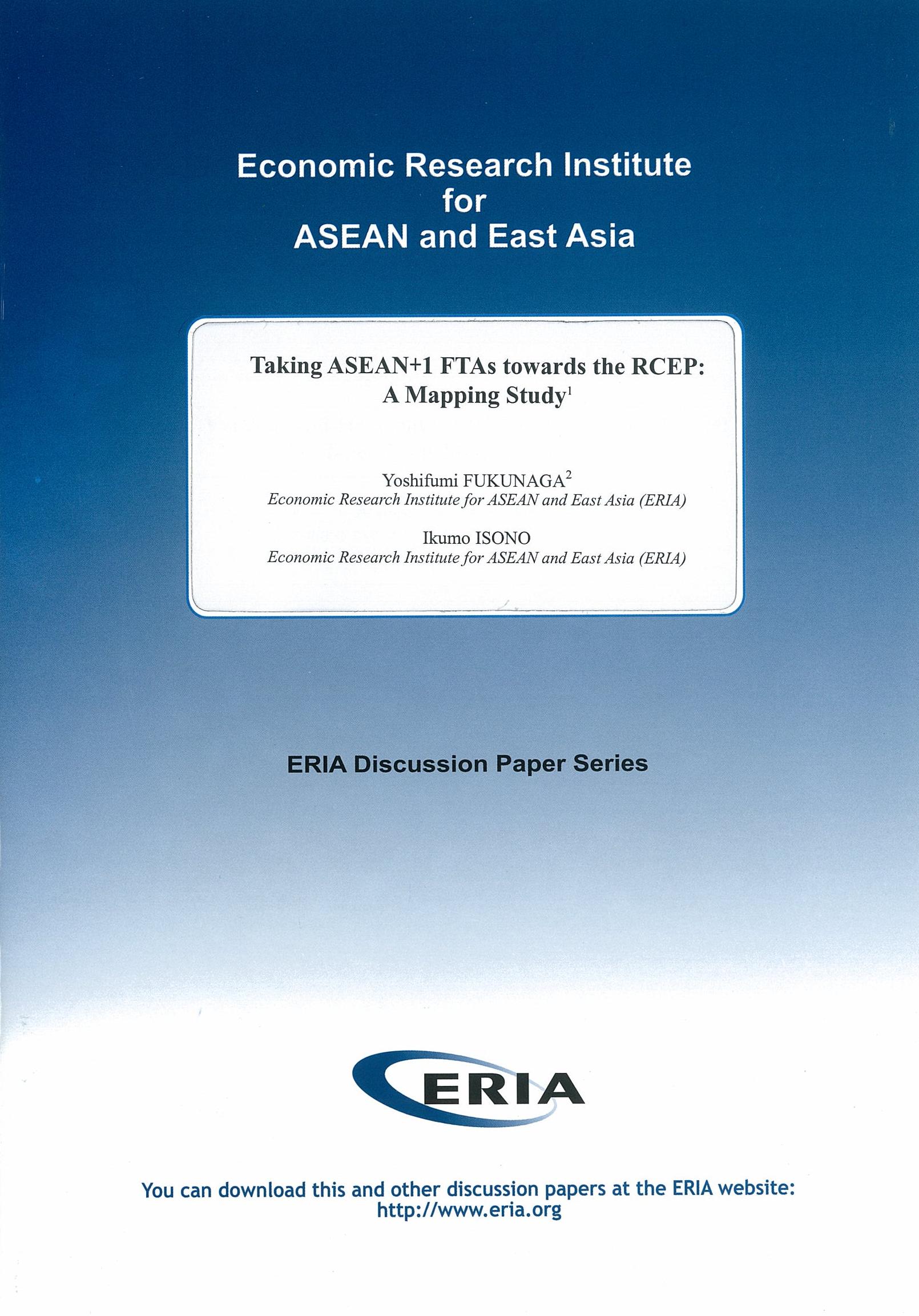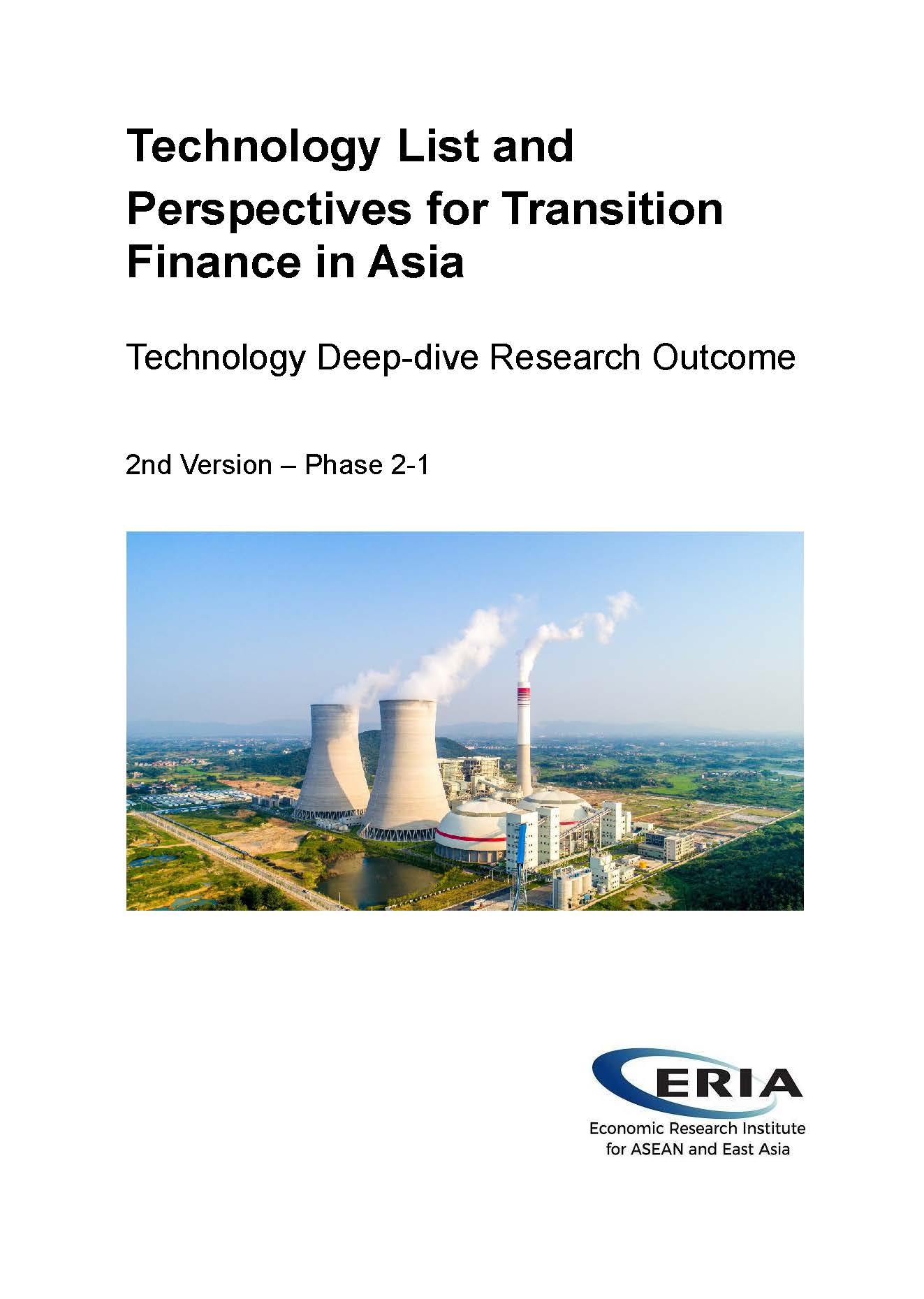Taking ASEAN+1 FTAs towards the RCEP: A Mapping Study

Date:
22 January 2013Category:
Trade, Competitiveness, Regulation and GovernanceType:
Discussion PapersTags:
Print Article:
Abstract
In November 2012, the leaders of the ASEAN+6 countries agreed to launch a new FTA negotiation called the "Regional Comprehensive Economic Partnership" (RCEP). In this paper, we conduct stocktaking studies of ASEAN's own FTA and five existing FTAs with 6 dialogue partner countries, to identify the possible benefits and challenges of RCEP. We find that the five "ASEAN+1 FTAs" provide an insufficient level of liberalization, both in tariffs and services trade. The coexistence of five FTAs with different rules of origin (ROOs) creates a potential "noodle-bowl" situation which impedes the effective use of the FTAs. Also, the China-Japan-Korea FTA and the Trans-Pacific Partnership (TPP) pose challenges to the "ASEAN Centrality". We recommend that RCEP negotiation should address those challenges by (a) concluding a comprehensive and high-level RCEP by 2015; (b) setting the target of 95% percent tariff elimination with a "common concession" approach; (c) introducing the "core non-tariff measures (NTMs)" concept and removing them; (d) allowing co-equal rules in the ROOs, setting a general rule of "RVC(40) or CTH" and developing consolidated operational certification procedures; (e) introducing concrete and tangible trade facilitation programs and addressing FTA utilization issues; and (f) liberalizing trade in services at a high level.




